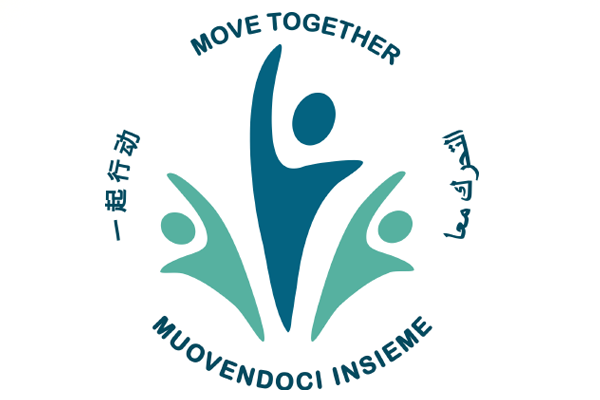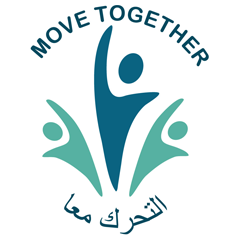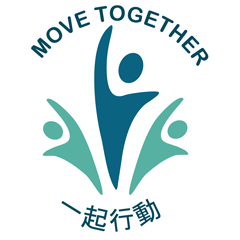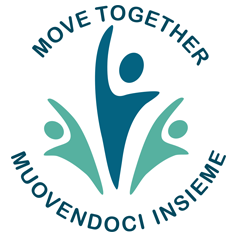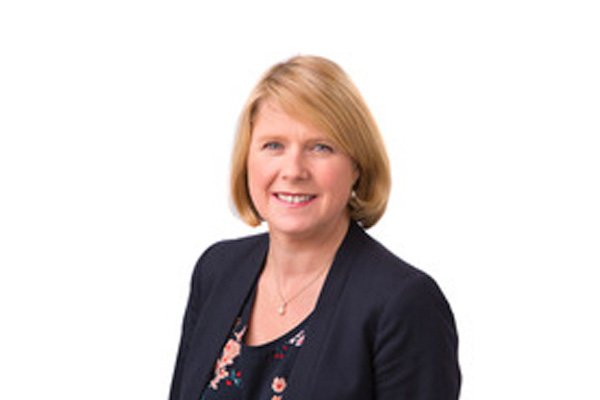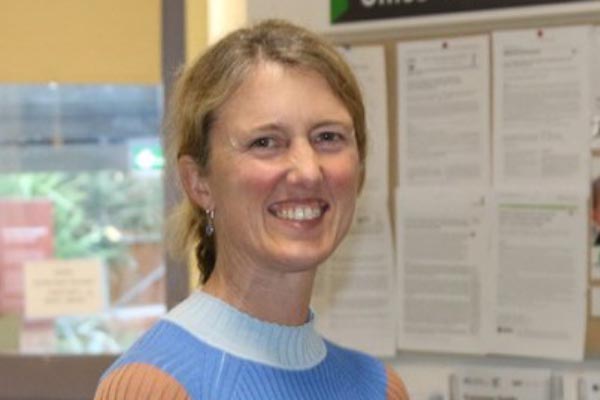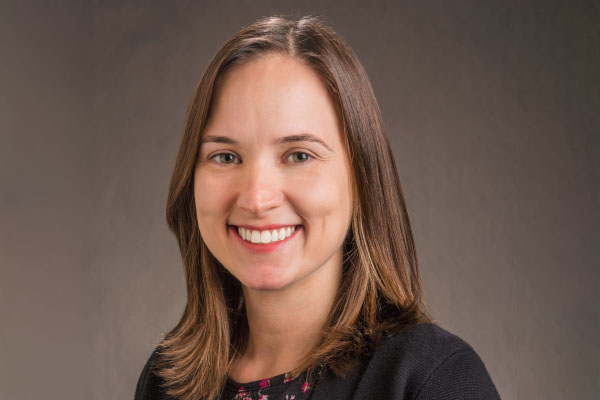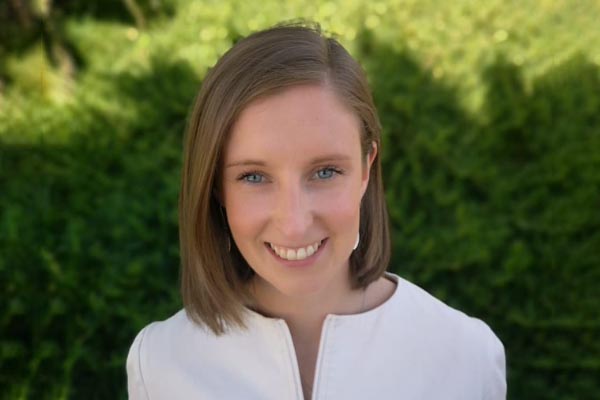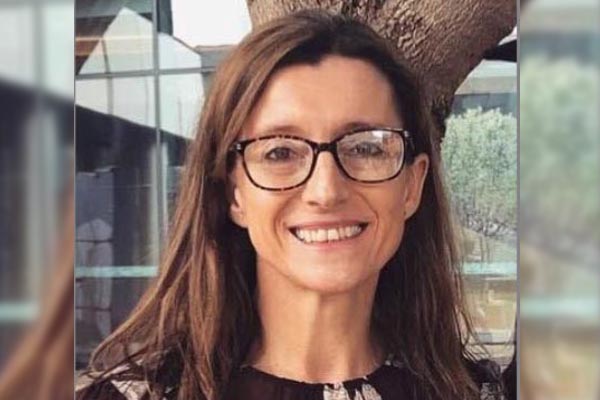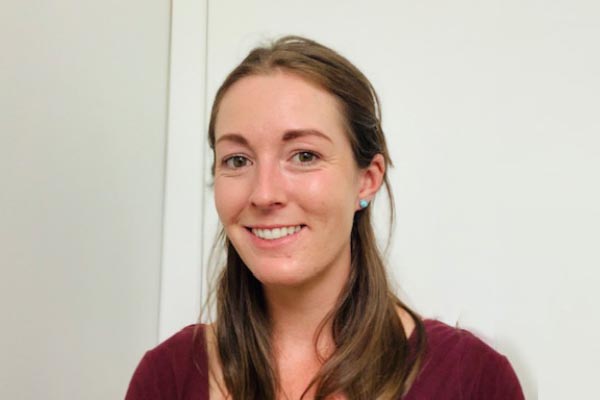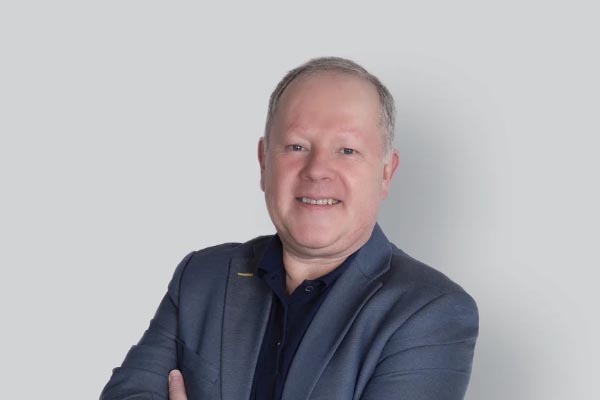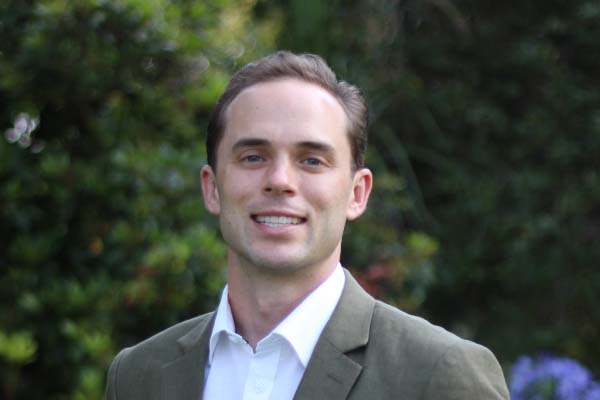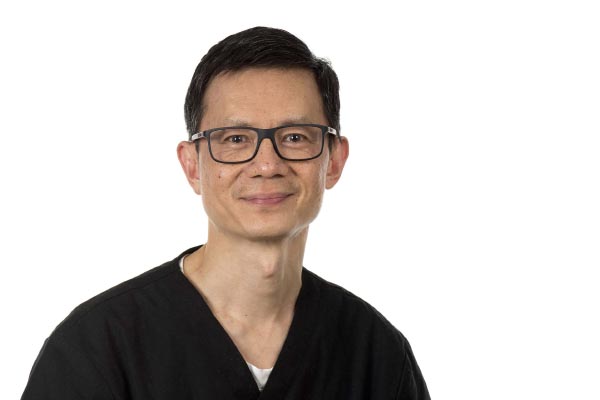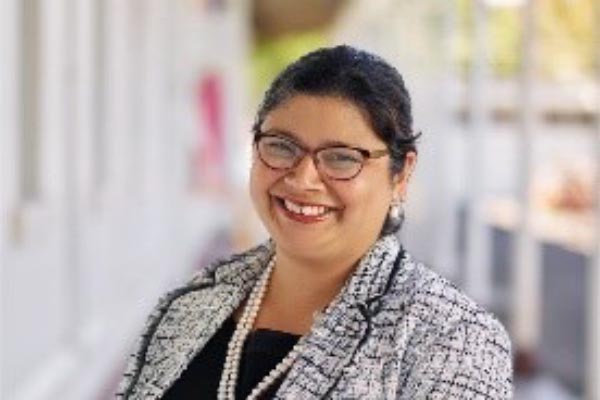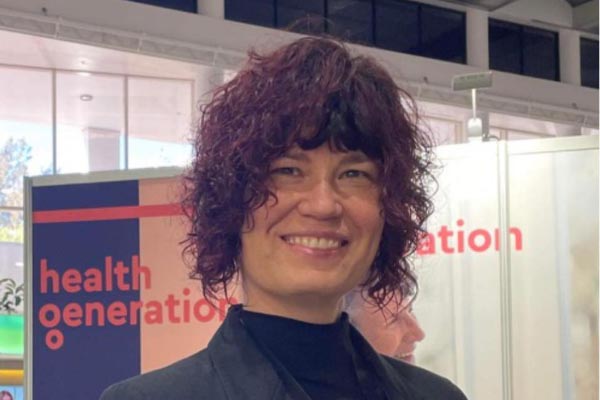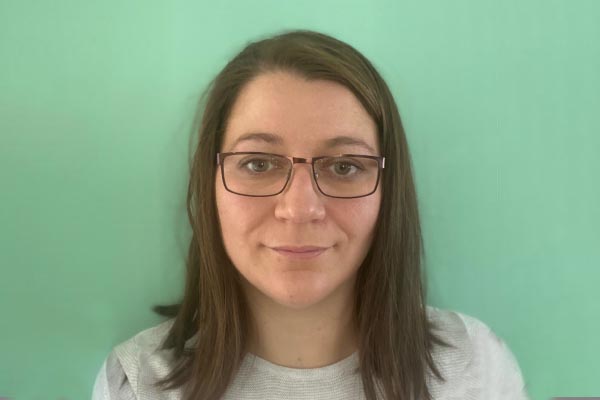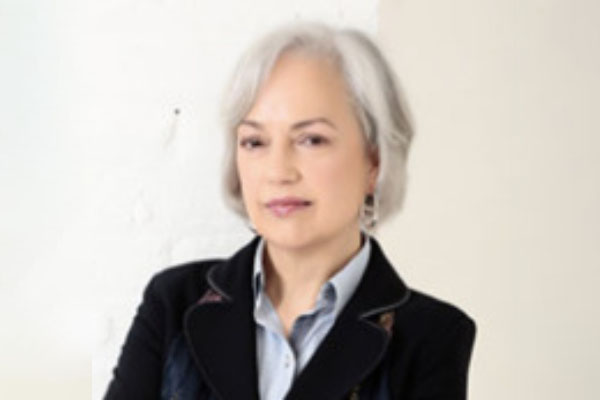Co-designing an exercise and fall prevention program for people from culturally and linguistically diverse (CALD) backgrounds: MOVE Together
About the MOVE Together Project
Exercise is a great way for older people to stay strong, healthy and to reduce their risk of falls. However, many older people do not do enough exercise to reduce fall risk. Current exercise programs have been designed for people from English speaking backgrounds and may not be suitable for people from other cultures or who speak languages other than English.
The aim of this project is to work together with older people from Italian, Chinese and Arabic speaking communities, their caregivers, and healthcare and professional workers to develop a program to support older people from these communities to exercise.
Information in your Language
Download a MOVE together information sheet in Arabic, Mandarin and Italian. Each sheet contains information about the project and how to get involved.
Get Involved
What is the research about?
Being physically active is important for reducing the risk having a fall.
Many older people do not do enough exercise to reduce their risk of falls.
We would like you to help us design a program for older people to reduce their risk of having a fall. You can be involved if you are over 65 years old and from the one of the language groups, or you are a caregiver of an older person.
What do I have to do?
You will be asked to participate in 1 or 2 workshops (like a group meeting) to share ideas about what would help you to exercise and things that stop you from exercising.
The meetings will:
- Involve 8-12 other people
- Be conducted in your preferred language
- Take around 2-2.5 hours with rest breaks.
How do I get involved?
To find out more information or to get involved, please contact the researchers:
Hannah Sharma
Email: move-together@unimelb.edu.au
Phone: 0478 489 315
As people get older, their risk of falls increases. Exercise is a great way of keeping older people strong and healthy; and reducing their risk of falls. However, many older people do not do enough exercise to reduce their risk of falls. Current exercise programs have been designed for people from English speaking backgrounds and may not be suitable for people from other cultures or who speak languages other than English. The aim of this project is to involve older people from culturally and linguistically diverse (CALD) communities, their caregivers, and health workers and other professionals to work together to develop an exercise program that is culturally appropriate and sensitive to the needs of CALD communities.
You are invited to take part in this research project if you work with or provide services to older adults from multicultural communities. The types of professionals we would like to be involved include:
- Clinicians (Physiotherapists, Exercise Physiologists, other Allied Health Professionals, Nurses, GPs)
- Ethno-specific service providers
- Paid caregivers
- Health service managers
- Policy makers
What does participation in this research involve?
Participation in this research involves attending a workshop where clinicians, health service providers and policy makers who work with older people from CALD backgrounds are invited to discuss a range of topics related to the development of an exercise program for falls prevention in CALD communities.
There will be 2 workshops with 8-10 people for 2 hours duration. You can choose to be involved in 1 or both workshops. The workshops with either be held in-person, at a location suitable for all participants or via video conference.
How do I get involved?
To find out more information or to get involved, please contact the researchers:
Hannah Sharma
Email: move-together@unimelb.edu.au
Phone: 0478 489 315
Research Sponsors
The research project is being funded by the Medical Research Future Fund.
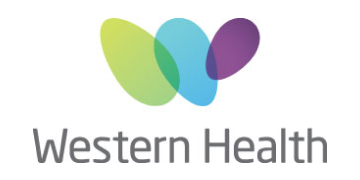
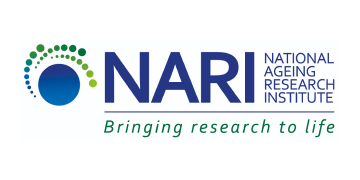
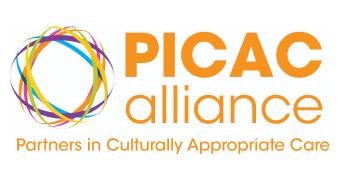
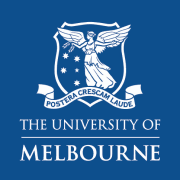
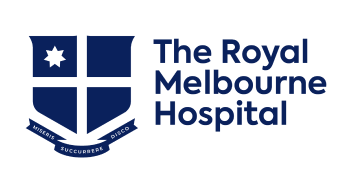
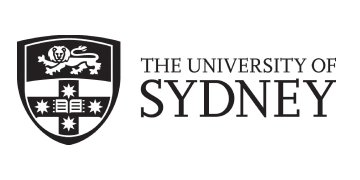
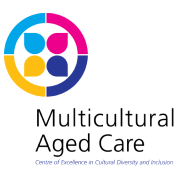
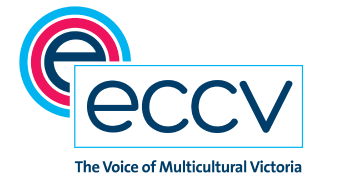
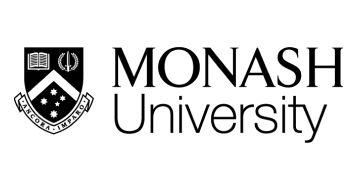

Researchers
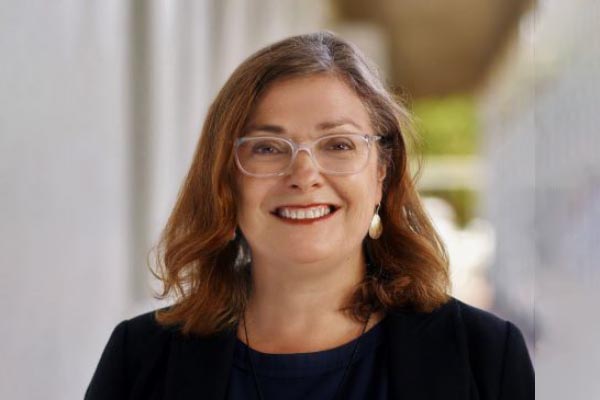
Associate Professor Frances Batchelor is an academic and clinical physiotherapist with over 30 years of experience working with older people across community, aged care and hospital settings. Frances is Divisional Director of Clinical Gerontology at the National Ageing Research Institute and Senior Principal Research Fellow overseeing a research program focussing on falls prevention, physical activity, healthy ageing, technology, dementia care and health and aged care systems evaluation. Frances conducts research across 4 key areas: healthy ageing, health conditions associated with ageing, health and aged care systems research, and technology for health and ageing. She has over 60 publications and has been successful in obtaining over $9 Million in research funding. Associate Professor Batchelor’s career is focused on collaborative approaches to research, policy and practice to improve the lives of older people.
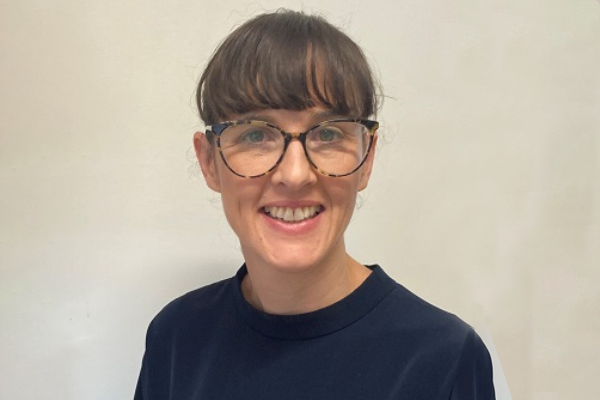
Emily is the Research and Knowledge Translation Lead at Western Health and post-doctoral researcher at the Florey Institute of Neuroscience and Mental Health. Emily has a keen interest in co-design and implementation of exercise programs to optimise health prevention and recovery. Further research interests include stroke recovery, primary and secondary prevention of cardiovascular disease and falls.
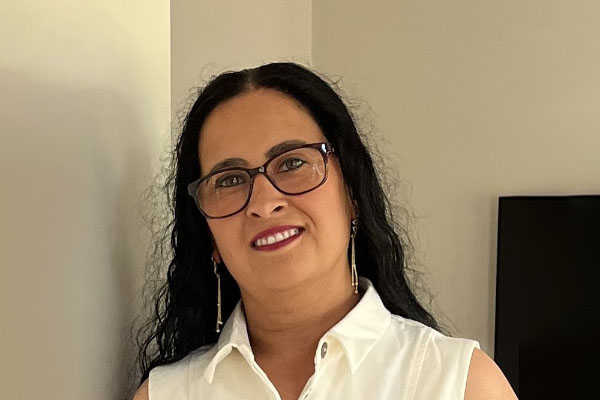
Hannah Sharma is a physiotherapist with 15 years of experience working with older adults (inclusive of older adults from CALD communities); across public health, private sector and NDIS in a variety of clinical settings. Hannah’s main areas of interest are orthopaedics, geriatrics, movement disorders, falls prevention and clinical education. Hannah recently completed her Masters in Clinical Education. She is the current chair of the Victorian Gerontology committee at the Australian Physiotherapy Association.
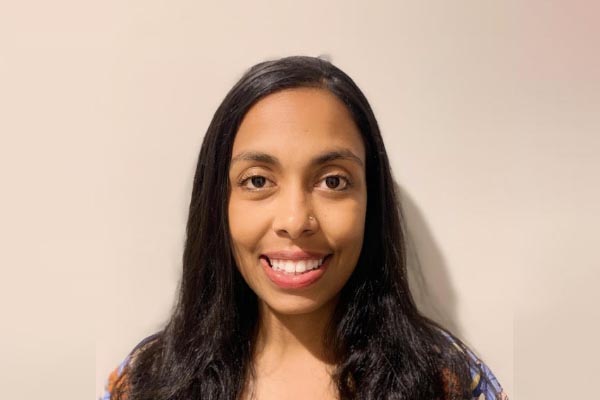
Priya is a Physiotherapist working in Community Based Rehabilitation with extensive experience in care of the elderly, vestibular rehabilitation and falls prevention.
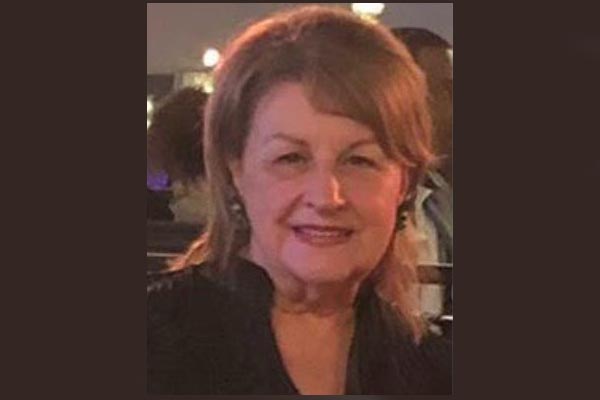
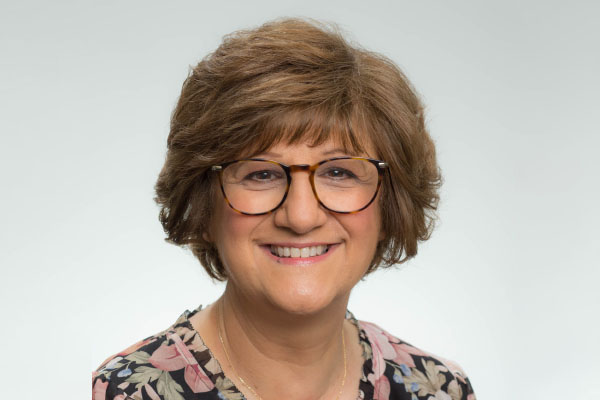
Is the manager of language services at Western Health and is an experienced interpreter and translator.
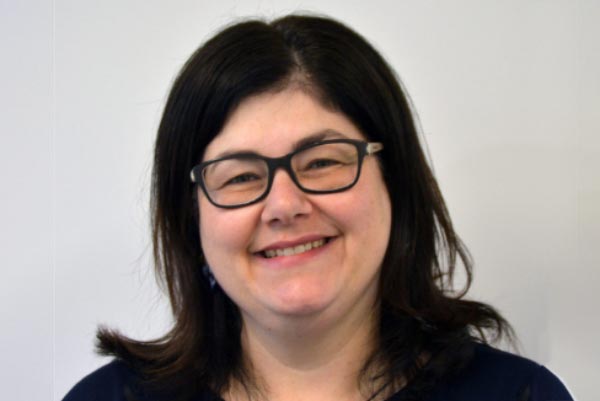
View Diana’s profile.
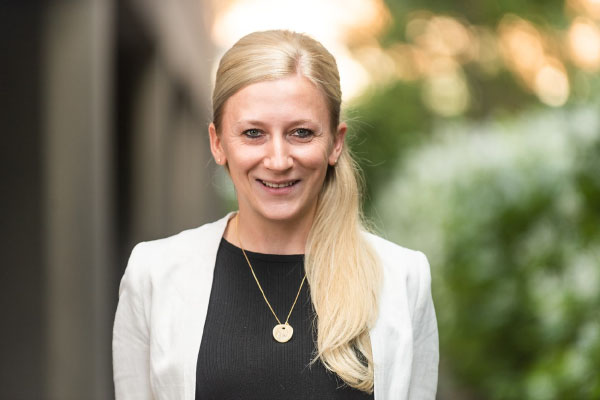
Dr Engel Is a Health Economist and researcher at Monash University with experience in measuring and valuing quality of life and informal care.
